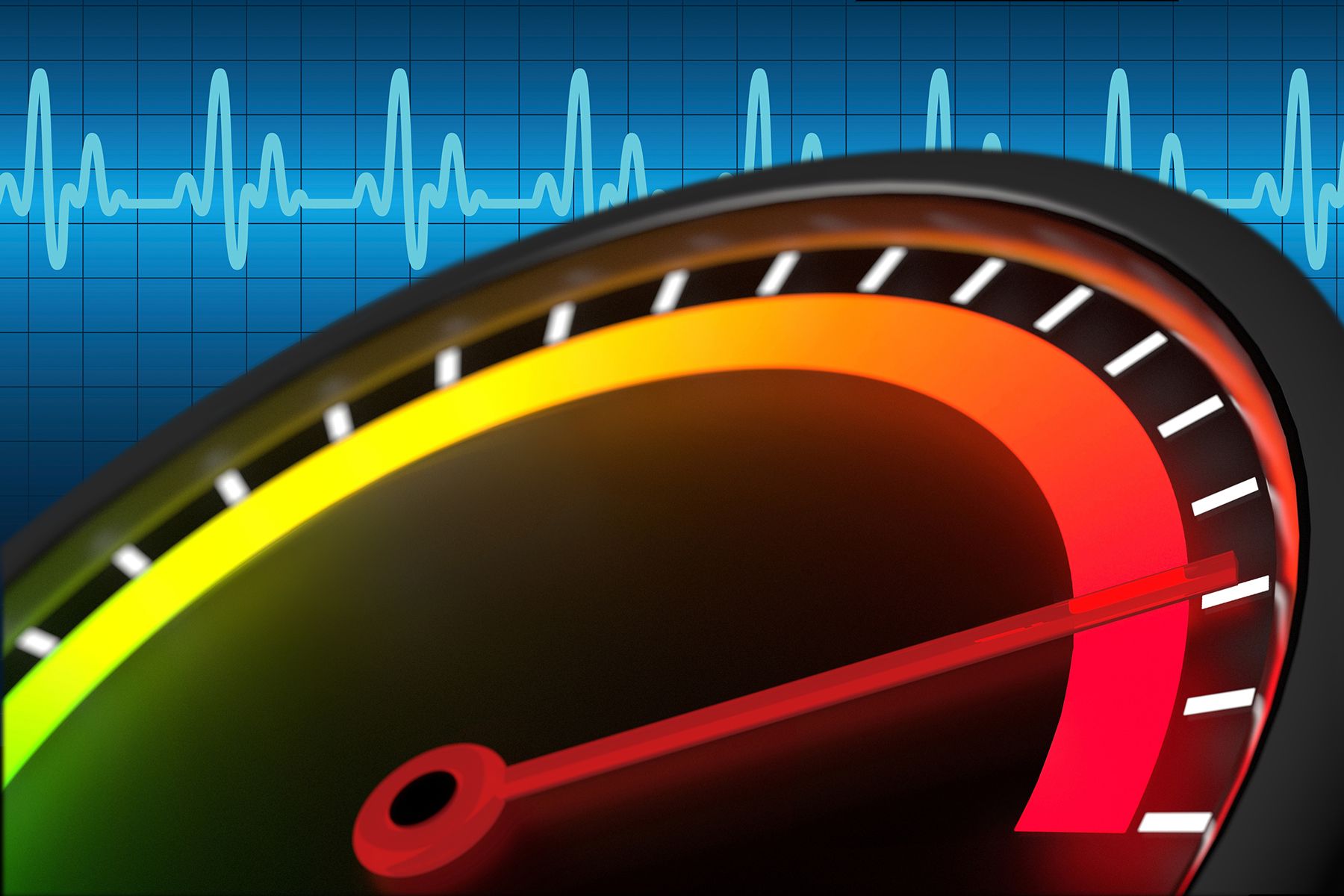Dengue Fever Symptoms: When Should You Get Tested?
Dengue fever can be a serious illness, but with the right precautions, it can be controlled. If you notice symptoms like high fever, body aches, and rashes, don’t hesitate to get a dengue blood test.

Dengue fever is a viral disease spread by mosquitoes, and it can strike unexpectedly, causing people to suffer from high fever, joint pain, and extreme fatigue. The symptoms can be worrying, especially if you're not sure if it's a serious illness like dengue or just a common viral infection. So, when should you get tested? Let's discuss the common symptoms, when to look for a diagnosis, and the importance of a dengue blood test.
What Are the Symptoms of Dengue Fever?
Dengue fever often begins with flu-like symptoms, making it tricky to diagnose at first. You may experience:
-
High fever: One of the earliest signs of dengue is a sudden onset of fever, often reaching up to 104°F (40°C). It’s usually accompanied by chills, making you feel cold one minute and sweating the next.
-
Severe headache: The pain is often described as intense, mostly behind the eyes, and doesn’t go away with regular pain relievers.
-
Joint and muscle pain: This is why dengue is often referred to as "breakbone fever." The pain can be so severe that even simple movements can feel difficult.
-
Rash: Around 3 to 4 days after the fever starts, a rash may appear, beginning as red spots on your body and spreading across the skin.
-
Fatigue: Feeling extremely tired, weak, or lethargic is a common symptom. Even after the fever subsides, some people report feeling drained for weeks.
When Should You Get Tested for Dengue Fever?
If you notice any of the symptoms mentioned above, you might be wondering if it's time to visit a doctor or get tested. Here are some key signs that you should consider getting a dengue blood test:
-
Fever lasting more than 48 hours: If the fever persists for more than a few days or reaches very high levels, it is necessary to consult a doctor for a dengue blood test to rule out the possibility of other conditions.
-
Symptoms worsening rapidly: Dengue can sometimes progress very quickly, causing complications such as bleeding or a low platelet count. If you experience unusual bleeding (such as nosebleeds or bleeding gums) or severe abdominal pain, it is important to consult a doctor immediately.
-
Living in or traveling to high-risk areas: IIf you live in Delhi or have recently visited an area with a high incidence of dengue, it is wise to get tested immediately if you notice symptoms. Delhi has a high incidence of dengue outbreaks, and taking timely action can prevent complications.
-
You’ve been bitten by mosquitoes: Dengue is spread by the Aedes mosquito. If you are bitten by one of these mosquitoes, especially during their most active hours (morning and late afternoon), you should consider getting tested, especially if you develop a fever or rash.
Real-Life Example: When Testing Made a Difference
Take the case of 28-year-old Riya from Delhi, who recently had a dengue scare. She was suffering from high fever, body ache and extreme fatigue. Initially, she thought it was a normal viral fever. But when the fever did not subside even after a few days, she decided to visit a doctor. After a quick consultation, her doctor recommended a dengue blood test in Delhi to confirm whether it was dengue. Sure enough, the results came back positive, and she received timely treatment. This early diagnosis helped her avoid any serious complications, and within a week, she was on the road to recovery.
Conclusion
Dengue fever can be a serious illness, but with the right precautions, it can be controlled. If you notice symptoms like high fever, body aches, and rashes, don’t hesitate to get a dengue blood test. Early detection is crucial to prevent complications, and testing ensures you get the proper care. Always consult your doctor to get the best advice, and remember that timely action can make a huge difference in your recovery.
What's Your Reaction?


















/All_Nippon_Airways_Boeing_787-8_Dreamliner_JA801A_OKJ_in_flight-958bd939106045d19aa0c6c81a7d65c9.jpg)


